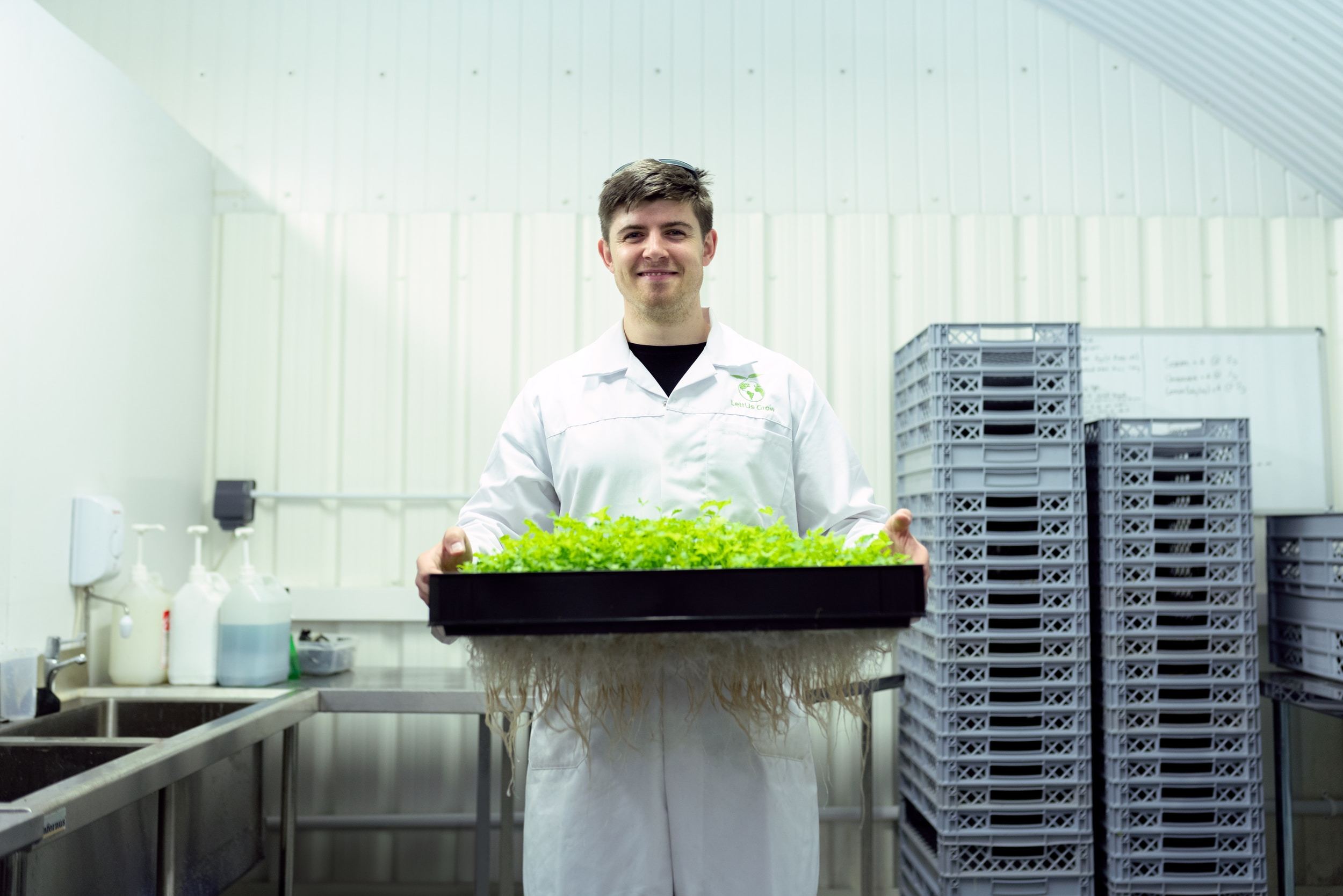Genetically Modified Crops: The Pros and Cons of Biotechnology in Agriculture
The introduction of genetically modified (GM) crops into agriculture has been one of the most significant developments in the history of modern farming. These crops are engineered to possess specific traits, such as resistance to pests, tolerance to herbicides, or enhanced nutritional content. While GM crops have the potential to address critical agricultural challenges, they also raise concerns about environmental impact, human health, and ethics. In this article, we will explore the pros and cons of biotechnology in agriculture, focusing on genetically modified crops.

Understanding Genetic Modification
Genetic modification, also known as genetic engineering or biotechnology, involves altering the genetic makeup of an organism by introducing specific genes or DNA sequences. In agriculture, this is typically done to improve crop traits. Some common examples of genetically modified crops include:
Bt Cotton: Cotton engineered to produce a protein toxic to certain insects, reducing the need for chemical pesticides.
Roundup Ready Soybeans: Soybeans modified to tolerate the herbicide glyphosate, allowing for more effective weed control.
Golden Rice: Rice engineered to produce beta-carotene, a precursor to vitamin A, addressing nutritional deficiencies in developing countries.
Bt Corn: Corn varieties modified to resist damage from certain insects.
The Pros of Genetically Modified Crops
Increased Crop Yields
- GM crops often exhibit higher yields due to resistance to pests and diseases, resulting in more consistent and abundant harvests.
Reduced Use of Pesticides
- Crops engineered to resist pests require fewer chemical pesticides, which can reduce environmental contamination and lower production costs.
Drought and Salinity Tolerance
- Genetic modification can confer tolerance to environmental stressors like drought and high salinity, making crops more resilient to challenging conditions.
Nutritional Enhancement
- GM crops can be engineered to have improved nutritional profiles, addressing malnutrition and nutrient deficiencies in vulnerable populations.
Extended Shelf Life
- Genetic modification can extend the shelf life of certain crops, reducing food waste and improving food security.
The Cons of Genetically Modified Crops
Environmental Concerns
- There are concerns about the unintended environmental consequences of GM crops, including the potential harm to non-target species and the development of resistant pests.
Loss of Biodiversity
- The widespread adoption of GM crops can lead to a reduction in crop diversity, which may make agricultural systems more vulnerable to pests and diseases.
Cross-Pollination and Contamination
- GM crops can cross-pollinate with non-GM varieties, potentially leading to the unintentional spread of modified genes and contamination of conventional or organic crops.
Unknown Long-Term Effects
- The long-term effects of consuming GM foods on human health and the environment are not fully understood, leading to concerns about unforeseen risks.
Ethical and Patent Issues
- Some people raise ethical concerns about the ownership and control of genetically modified organisms by biotechnology companies, as well as the potential exploitation of farmers in developing countries.

Regulatory Oversight and Labeling
The regulation of GM crops varies by country. In some regions, strict regulatory frameworks are in place to evaluate the safety and environmental impact of GM crops before they can be cultivated or sold. Labeling requirements also differ, with some countries mandating the labeling of GM foods to inform consumers, while others do not.
Conclusion
The debate surrounding genetically modified crops is complex and multifaceted. On one hand, GM crops have the potential to significantly enhance agricultural productivity, reduce pesticide use, and address nutritional deficiencies. On the other hand, concerns about environmental impact, biodiversity loss, and long-term health effects have fueled skepticism and opposition.
As technology continues to advance, it is essential to strike a balance between harnessing the potential benefits of genetic modification and addressing its associated risks. Robust scientific research, transparent regulatory processes, and open dialogue among stakeholders are critical in making informed decisions about the role of biotechnology in agriculture.
Ultimately, the future of genetically modified crops will depend on how society navigates these challenges and leverages the power of biotechnology to meet the growing demand for food while safeguarding our environment and health.
Sources:
- Genetically Engineered Crops: Experiences and Prospects - The National Academies Press
- Genetically Modified Organisms (GMOs): Transgenic Crops and Recombinant DNA Technology - Nature Education
- Genetically Modified Crops and Food Security - World Health Organization (WHO)
- The Environmental Impact of Genetically Modified (GM) Crops: A Review - Frontiers in Bioengineering and Biotechnology
- Genetically Modified Crops and Human Health - Journal of the Royal Society of Medicine